|
We are in the presence of a revolution, a revolution of farmers! In case you hadn't noticed, revolutions are no longer about warfare. Today revolutions are spiritual, technological or ideological. Furthermore, the leaders no longer die for their cause, but instead, seek refuge in a neighbouring country until the danger passes or they simply change their beliefs. This is precisely what has happened in Kenya, a revolution. The coffee farmer's revolution! Although, according to our records collected over the years, we had established that Kenya was the African country where the best price per kg of cherry was paid (about 1 USD per kg). But the coffee farmers were not happy with that, and who is? We all want more, it's part of our human nature. The problem here was not greed, but rather that many of them did not generate enough income to cover their production costs. This resulted in many of them giving up coffee, in favour of more profitable crops such as avocado or macadamia.
0 Comments
As of today, we are informed that some milling facilities are operational but are experiencing significant delays. We plan to complete the selection process by the end of February and start milling in March. Our target is to have the coffee in Barcelona by April. However, there may be unforeseen delays, so we suggest you stay informed and caffeinated. Kenyan coffee has always been highly valued by roasters and importers, and international prices serve as a benchmark for the local price on the Nairobi Coffee Exchange. However, the coffee sector is currently struggling and in need of renewal, as more and more farmers abandon coffee farming in favour of better-paying enterprises such as real estate and avocado cultivation. The government is working to halt the decline, as there are concerns that the once-thriving coffee sub-sector has lost its lustre.
As we enter 2024, we find our purchase planning clouded by uncertainty and doubt. As you may know, the new EU Deforestation Regulation (EUDR) requires companies trading coffee and other commodities such as livestock, cocoa, oil palm, rubber, soy and timber, as well as products derived from these, to carry out extensive due diligence in the value chain to ensure that the goods are not the result of recent deforestation, forest degradation or violations of local environmental laws. European importing companies will need to prepare for the new obligations that will apply from 30 December 2024. From the importer's perspective, the EUDR will require companies to digitally map their supply chains back to the farms where the coffee was grown, which could involve tracking thousands of small farms in remote regions. This is obviously impossible to do, because importers do not directly visit all the smallholders we work with and rely in part on data provided by local exporters, some of whom also do not deal directly with coffee farmers.
As the new harvest begins in Kenya, it is always important to dive into the complex relationship between coffee, politics, climate change, industry trends and international trade. The harvest has started this November at a very slow pace, and shows great potential for western coffees, i.e., the Bungoma region and its surroundings. In addition, the big news is a new government proposing deep structural changes to the industry at different levels, large millers and traders, the Nairobi Coffee Exchange and the cooperatives. In Kenya, there are three major coffee trading companies: Sucafina, Ecom and NKG. These companies also own factories and marketing agencies that were formed in accordance with government regulations, which required that a company could only engage in marketing, milling or exporting if it had companies dedicated solely to that particular service. With the current reforms, these companies lost their licences and were required to apply for a licence for a single service, e.g., marketing only.
It's a question we get a lot, especially when we have popular coffees such as Ethiopia or Kenya coming in. Although the logistical process is not difficult per se, it involves so many steps that this, make it complicated. Therefore, it requires proper planning and coordination. At each of these steps there is a risk for quality of the coffee to be affected if anything goes slightly wrong. As we know, the quality of coffee is determined by the quality of the harvest, i.e., how ripe the cherry is when it is removed from the coffee tree. This is the maximum point of quality in the production chain, after that, everything is deterioration, or at best, maintenance. The task of getting your coffee from the plant to your roastery is what we call coffee logistics. It is a process that consists of three main stages: production, preparation and export/distribution. Each of these stages contains a series of sub-stages or tasks that are carried out by a large number of people and/or machinery. It is also important to note that a number of customs, legal and sanitary rules and regulations must be complied with. Furthermore, in our role as importers or buyers of green coffee, we must ensure that the highest quality standards are met at each of these stages.
We are not going to tell you that everything is hunky-dory in Ethiopia, that everything is perfect, that the coffee farmers are happy, or that the future is bright, because that is certainly not true. While there have been improvements in the humanitarian situation caused by the war, the economic and climatic situation is only getting worse. Temperatures are rising and rainfall is falling in a pattern that could lead to a 25% drop in production by 2030, and inflation is hitting hard, reaching 34% per annum last December. For a coffee importer, (I think we all share the same opinion) Ethiopia is the most challenging origin, but at the same time the most rewarding in terms of travel experience and coffee quality. Quality is part of the establishment, from a genetic and terroir perspective Ethiopia is always expected to have unique, complex and intense cup profiles, but there are problems related to human intervention that do not allow these high expectations to be realised.
Coffee has been traded for commercial purposes for 400 years. From there, it has spread to approximately 70 countries where it is currently grown. The Dutch were the ones who began to establish economies of scale around the production and export of coffee. Later they grew coffee in Java and Ceylon (now Sri Lanka). The first exports from Java to the Netherlands occurred in 1711, and the Dutch East India Company was the first multinational corporation in history and the first to export coffee on a large scale. During these four centuries, a pattern of neo-feudal behaviour has been generated, which has forced small coffee growers to chain themselves into ultra-dependent relationships with large landowners or multinationals, which have caused multimillion-dollar profits for large companies, in addition to the concentration of land, marginalization and slavery. This is how this business model has been perpetuated until today.
For the specialty coffee industry, certifications are like the second wave of coffee, they are out of fashion! They no longer serve their purpose, and this is because the needs of consumers have changed and have become more diverse and complex. What specialty coffee lover wants to drink a bitter coffee at Starbucks, when they can just as easily have a fruity Kenya lightly roasted at an independent coffee shop? This phenomenon also occurs at the farm level. For example, the coffee farmer no longer wants the 0.2 USD/LB that Fair Trade offers him, but instead wants a direct and ethical trade with the importer of microlots who will pay him 4 USD/LB or more. Paying for the inspection of organic coffees has also lost its meaning, with climate change there are cultivation areas where it does not rain for months/years, and the coffee grower must use chemical fertilizers, otherwise they lose the harvest.
Why would you prefer one over the other, if they are only separated by an imaginary border? A coffee grown in northern Burundi has exactly the same microclimate, varietal, process and terroir as one from southern Rwanda. There is no difference other than the name of the origin until this point of the production process, although there are many differences in various aspects. Both economies are overwhelmingly agricultural, and widely diversified farming is practiced throughout their territories. Arabica coffee is the main commercial crop and constitutes the main export of both countries. Being much more important in terms of total foreign exchange earnings for Burundi than for Rwanda, because the latter economy is more developed and diversified.
Is specialty coffee a trend of experimental fermentations or a movement that seeks to generate profound changes in the way coffee is marketed in the world? What do we gain by talking so much about experimental fermentations if they rarely achieve exceptional cups? Can experimental fermentation really improve the quality of a poorly harvested lot? Are the experimental fermentations fully controlled or are there random elements that influence their final result? Apparently today it is no longer enough to produce washed, natural or honey coffees; A very good lot of washed Bourbon variety from Burundi seems to have lost its charm. In our opinion, there is something wrong with this industry, if we have to put orange peel or cinnamon sticks to add flavours to a lot! Fermentation in specialty coffees has never been and will never be controlled, at least until the day when the entire productive structure at origin is modified, and a technological level such as the one that exists today in the wine industry is reached.
|
Archives
April 2024
Categories
All
|
- What We Do
- Que Hacemos
-
Origins
-
Orígenes
- Education
- Educación
- Contact
- Contacto
- Home Roaster Store
- Tienda del Home Roaster

|
Copyright © 2015-2024 | Kilimanjaro Specialty Coffees España S.L.U. All Rights Reserved.
|

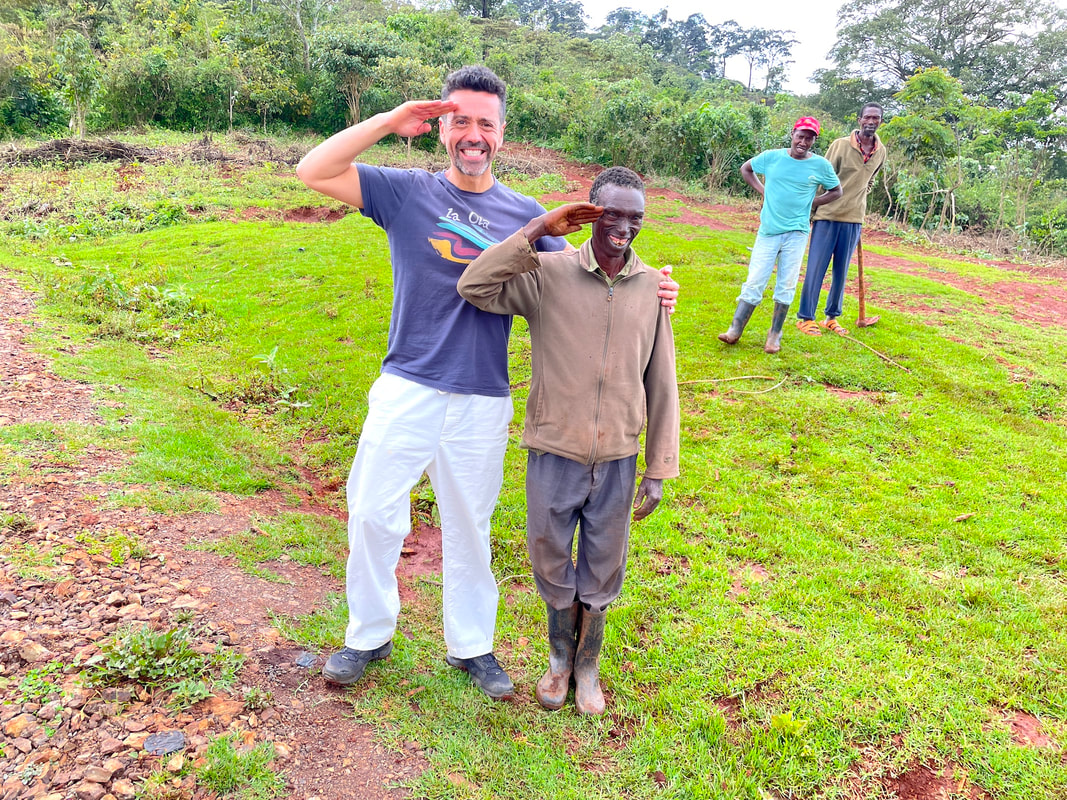
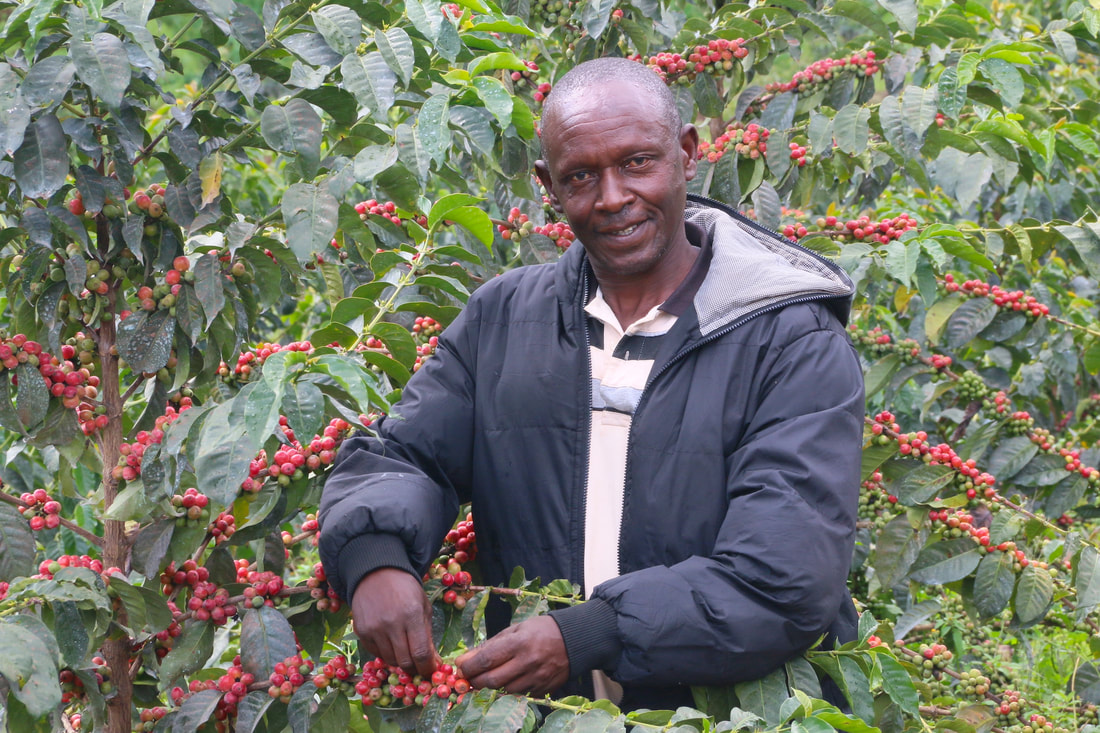
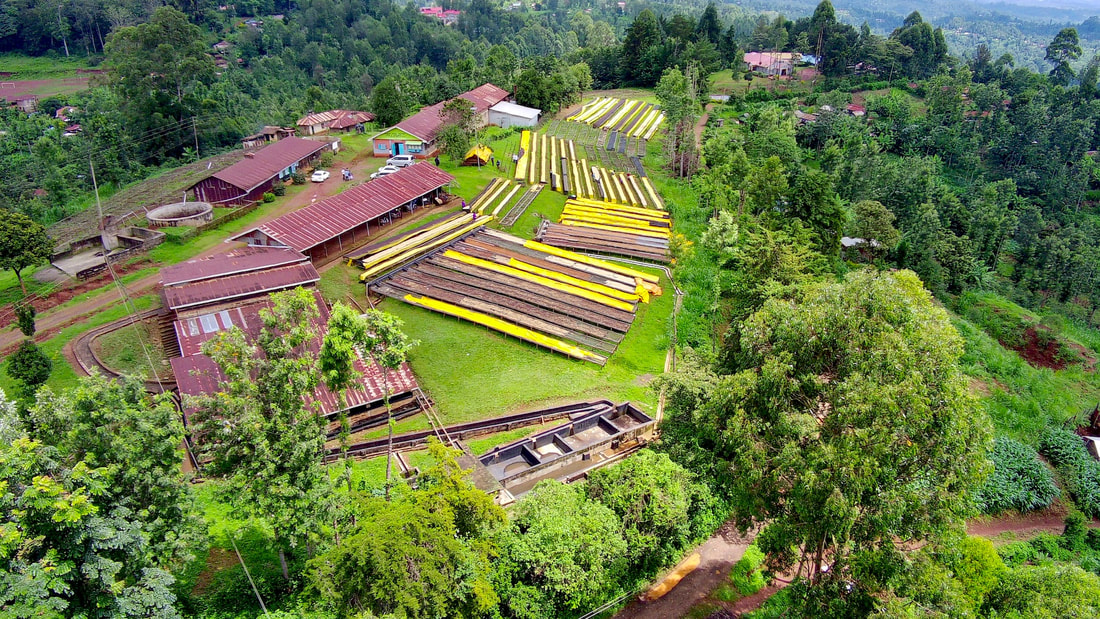
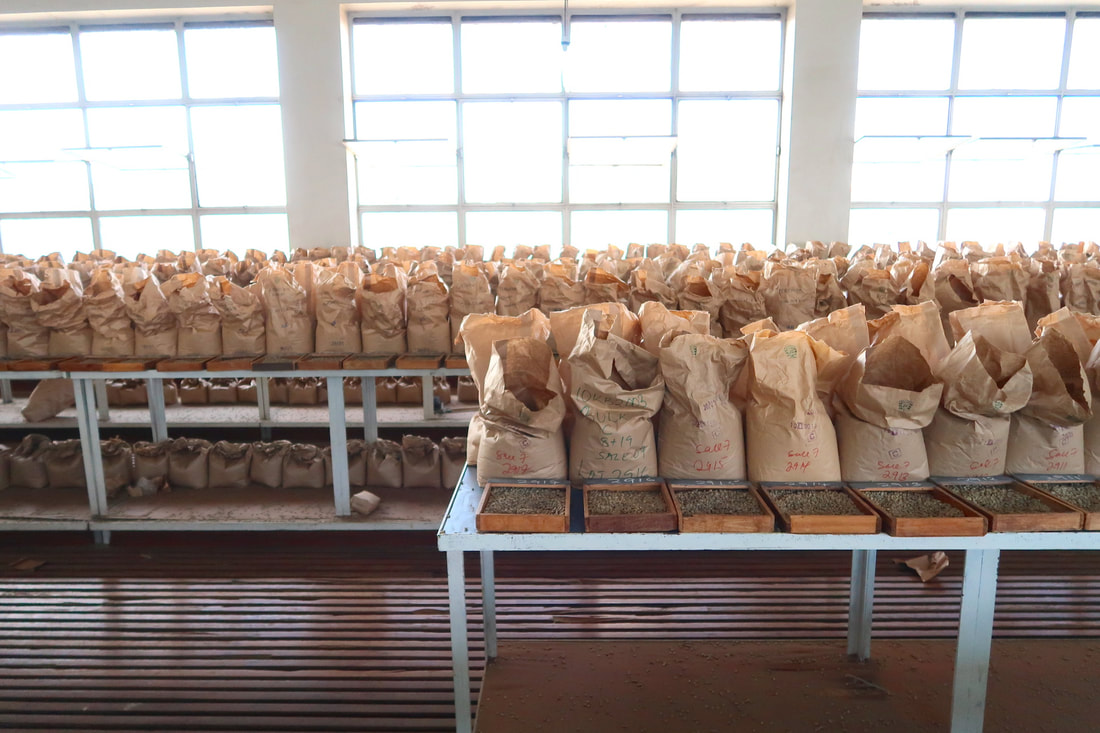
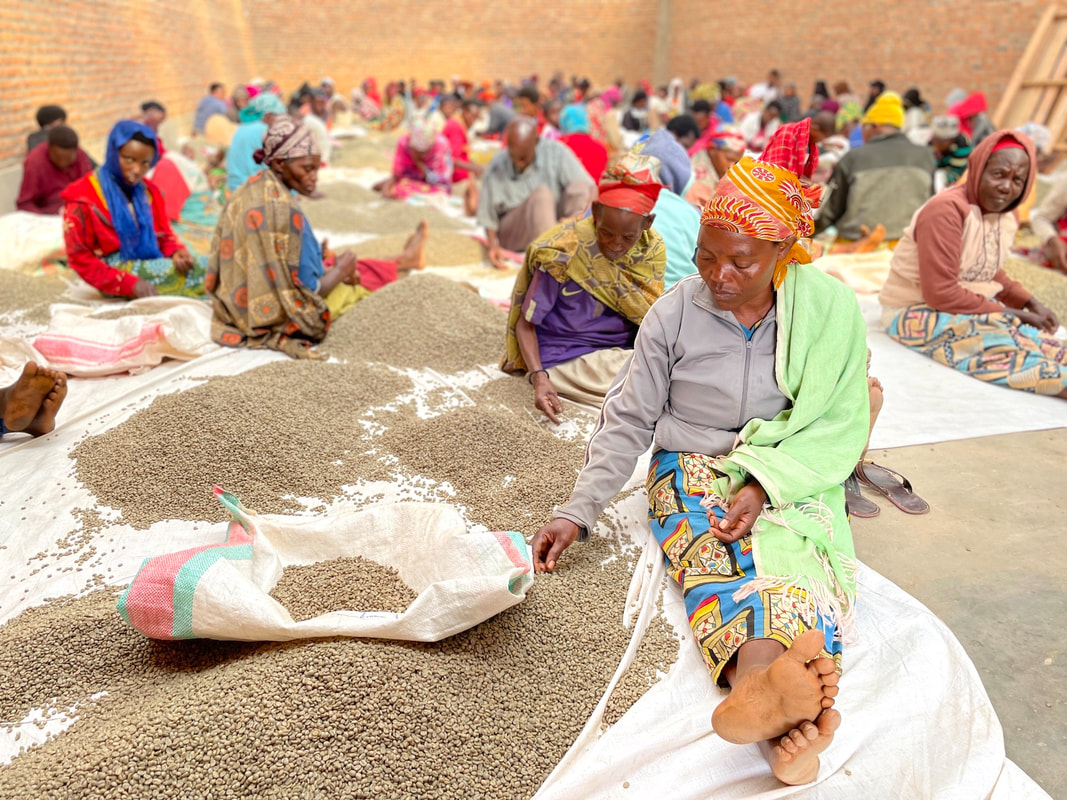
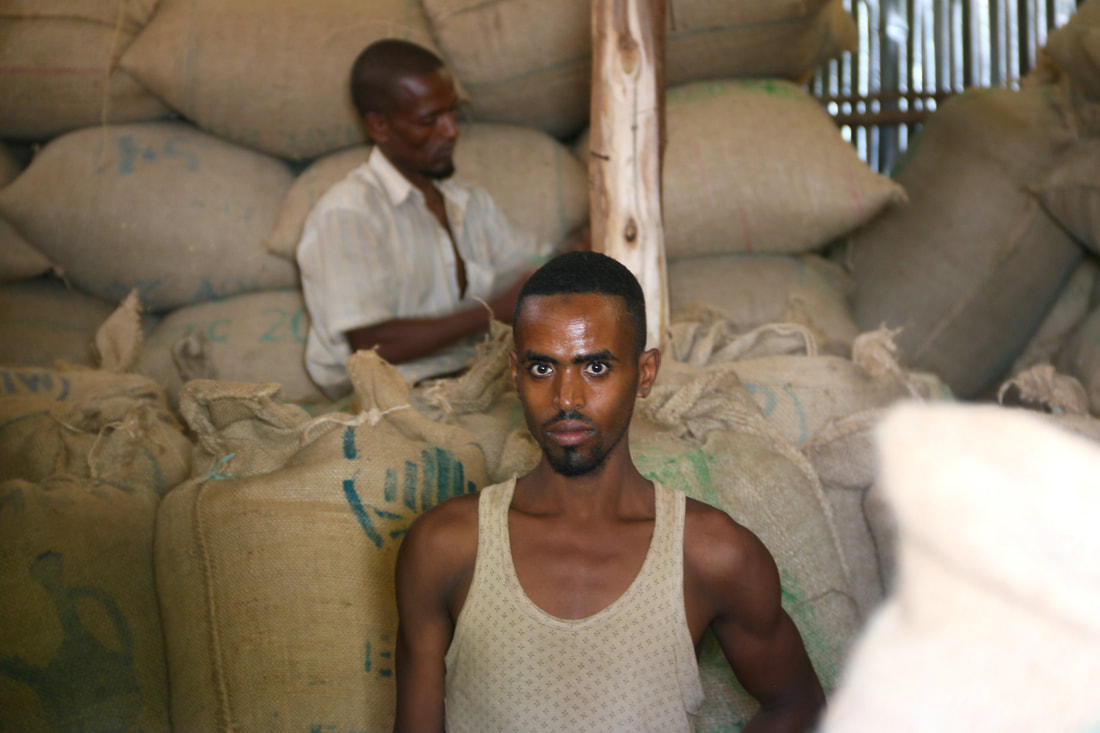
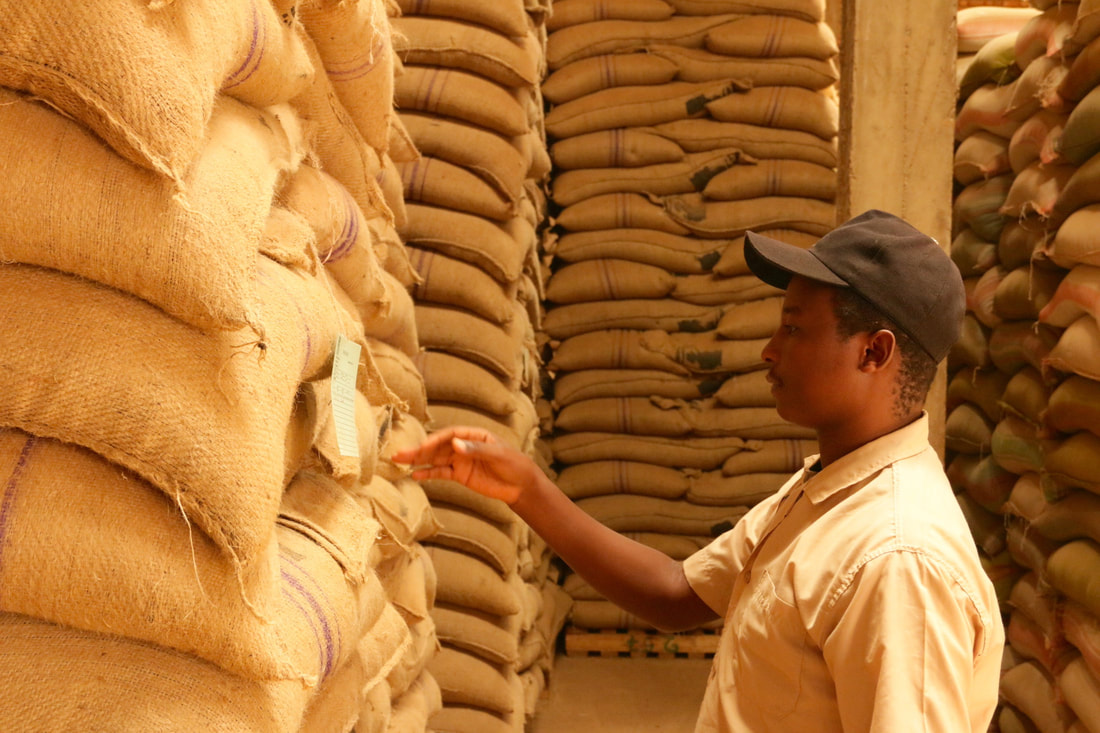
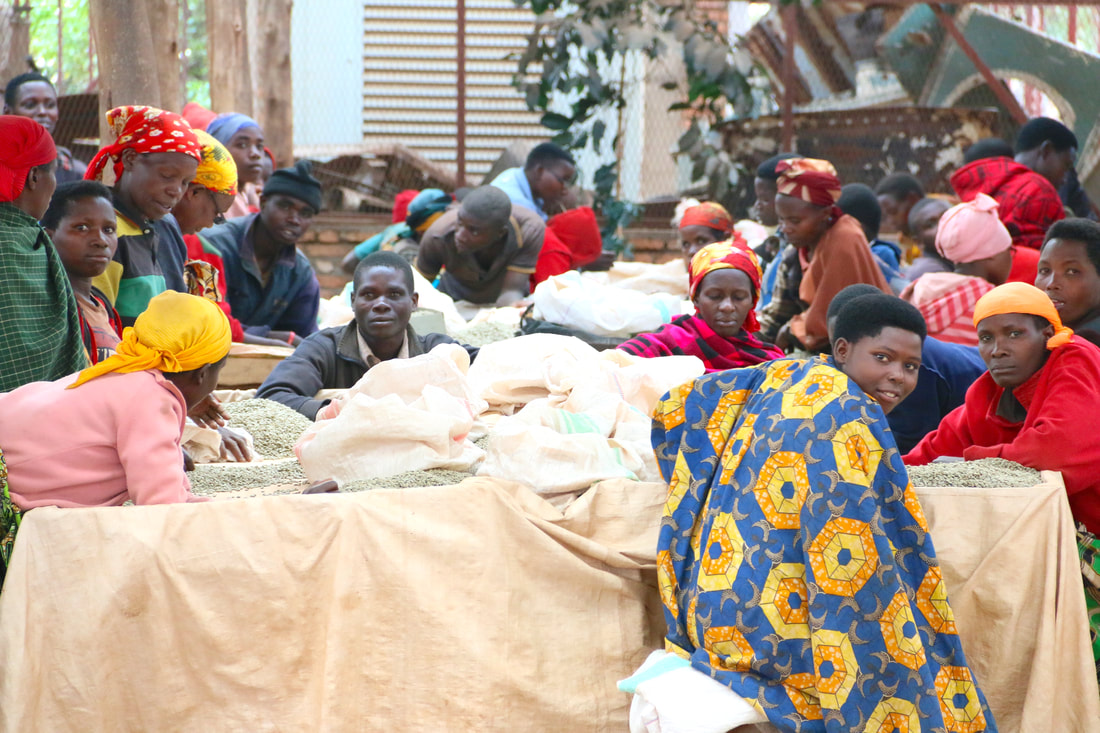
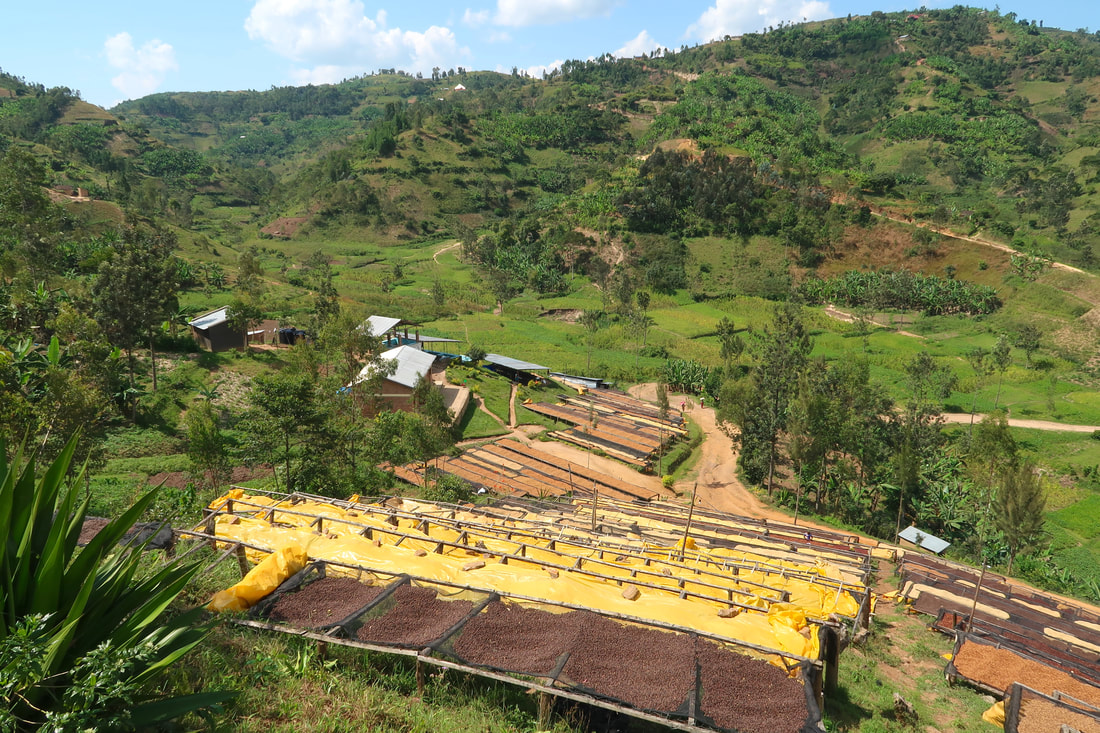
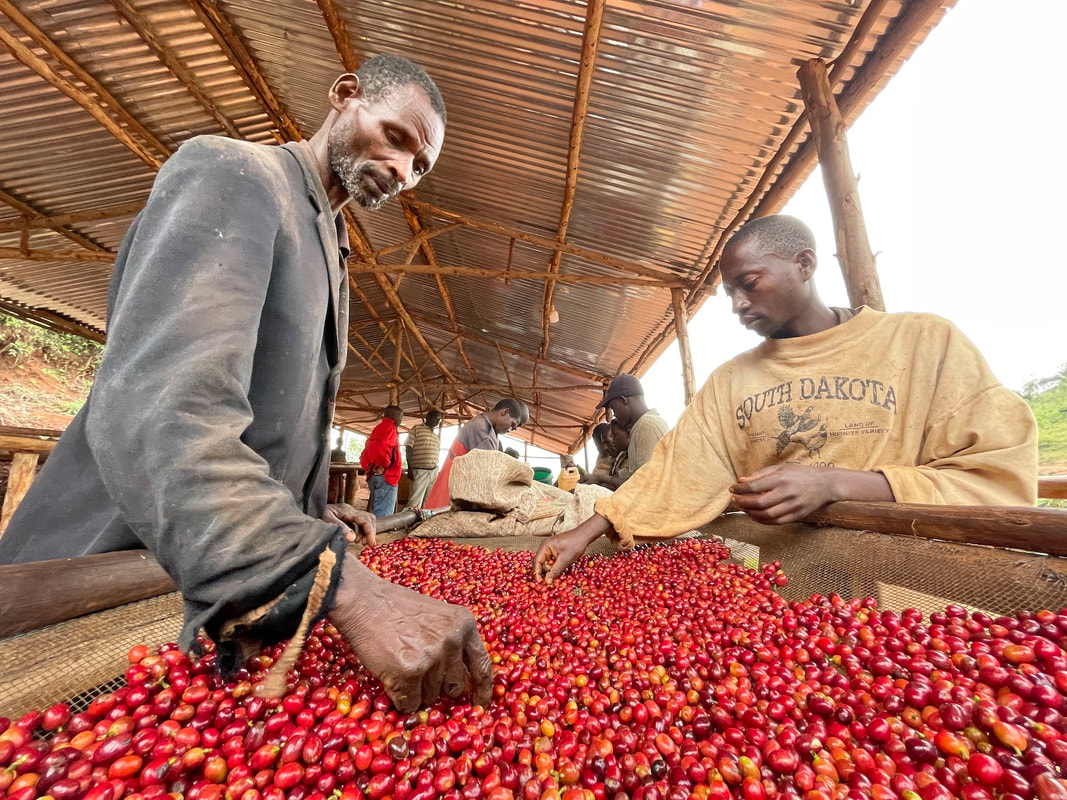
 RSS Feed
RSS Feed